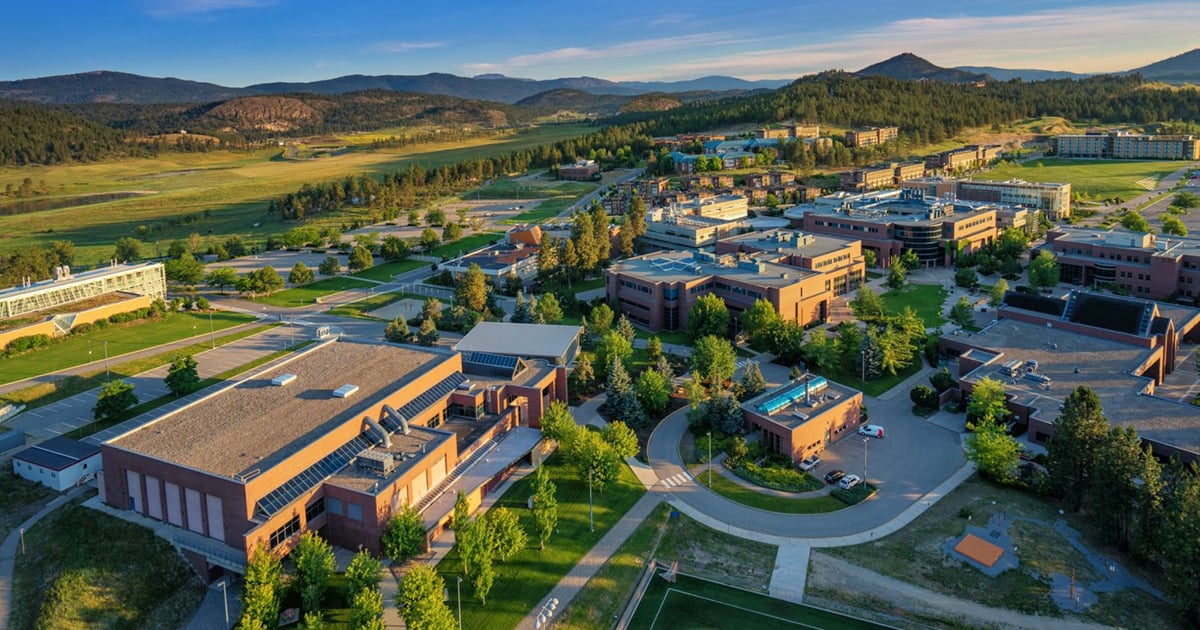Unique challenges face many Indigenous people seeking access to health-care services in Canada. Systemic racism and other forms of discrimination form a poisonous cocktail that creates barriers to treatment including a disregard of Indigenous voices and lived experiences. This can impact the quality of care and discourage many Aboriginal people from pursuing care at all.
In the interior of British Columbia, barriers facing Indigenous people’s access to health care became a focus of the people in the Anglican Diocese of Kootenay as they considered how to allocate its $29,772 return from the Anglican Church of Canada Resolution Corporation (ACCRC).
The diocesan leadership and the finance committee had received a number of proposals with merit. In the spirit of building just relationships between the church, its Indigenous members, and local Indigenous communities, it was an education project—part of a proposal from the University of British Columbia Okanagan (UBCO)—that the committee finally chose to recommend.
At its diocesan council on Sept. 10, the Diocese of Kootenay approved the recommendation to use the money from its ACCRC return to support continuation of a course for UBCO students in Kelowna entitled Cultural Safety in Health: Indigenous Perspectives. The $30,000 investment will support the hiring of two knowledge keepers and one elder, fund the training of four additional knowledge keepers to teach the curriculum, and allow the UBC Okanagan campus to continue to run the course biannually for four years.
“We approached the University of British Columbia because we were looking for a creative community contact,” said Dr. Randall Fairey, a diocesan council member and alumni contact at UBCO who was familiar with the university’s reputation for advanced education in Indigenous studies.
“There are lots of First Nations folks in the Okanagan in our diocese, so we wanted the money to have an impact locally,” Executive Archdeacon Trevor Freeman said. “But in order to maximize that impact, it’s going to have to go to one place.”
While the UBCO course will help Indigenous people, Freeman noted, “it will also help non-Indigenous folks understand some of the issues around First Nations health care and access to health, and a major issue that faces First Nations communities, and how we all might contribute to making it a little better.”
The course curriculum was developed and approved by a collaboration of local First Nations Elders, Okanagan Knowledge Keepers, Band Council members, Aboriginal health providers, urban Aboriginal agencies, Indigenous staff members from the Interior Health Authority, and UBC Okanagan faculty members. It has already been successfully piloted in UBCO nursing, social work, and human kinetics programs.
The partnership between the Diocese of Kootenay and UBCO also serves as a response to the 94 Calls to Action of the Truth and Reconciliation Commission—specifically, Call to Action No. 24, which calls upon Canadian medical and nursing schools to require all students to take a course dealing with Aboriginal health issues; No. 61, which relates to church apologies and reconciliation; and No. 62, on education for reconciliation.
Though answering the Calls to Action was not the primary motivation for the freewill gift of the diocese, Fairey said, “it’s an example of one underlying motivation for the gift, and I think it was an example of both institutions paying attention to those Calls to Action.”
The university is expected to release more details about the course in late fall 2016. For its part, the diocese recently transferred its funds to support the program, which UBCO will be offering again in 2017.
“What we’re hoping to do is use this also as an opportunity to build relationships with some of these elders and knowledge keepers, as well as the university, to be part of the conversation about how to move forward around those things,” Freeman said.
He added, “I think we’re excited to see what doors this opens up.”
Interested in keeping up-to-date on news, opinion, events and resources from the Anglican Church of Canada? Sign up for our email alerts .

